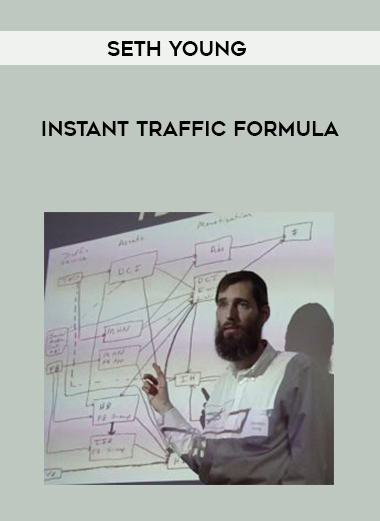
Internal Family Systems (IFS) & The Voices of Addiction
Salepage : Internal Family Systems (IFS) & The Voices of Addiction
Archive : Internal Family Systems (IFS) & The Voices of Addiction Digital Download
Delivery : Digital Download Immediately
Faculty:
Richard Schwartz, PhD | Cece Sykes, LCSW, ACSW | Mary Kruger, MS, LMFT
Duration:
14 hours and 24 minutes
Copyright:
Jan 01, 2018
Product Number:
IRS035003
Type of Media:
Online Training
Outline
How would IFS assist in redefining “addiction”?
To begin, we give a framework for comprehending not only drug abuse, but also disordered eating, self-harm, and a variety of other impulsive and compulsive behaviors. This is referred to as the Addictive Process. This paradigm emphasizes the commonalities among many common presenting disorders and helps you to approach treatment with confidence when dealing with such ingrained inner dynamics.
Mary and Cece are introduced.
The Addictive Process Is Defined
6 key benefits of IFS for compassionately and successfully coping with the addictive process, including how IFS helps avoid relapse
Demonstrations of two hypothetical initial sessions demonstrating how to swiftly acquire the confidence of highly divided, addicted systems and get therapy started on the right foot.
Treating the Whole Person, Not Just the Symptom
We explain the common pattern of firefighters, managers, and exiles that accompanies the many types of addictive processes, as well as how to effectively engage into this delicate balance to effect good change.
Parts and Functions of the Addictive Process
Finding the Inner System
The Importance of Process Tracking
Self-Spectrum: Establishing a Self-Parts Relationship
Making Friends with Addictive Parts
We get down to business with the harmful distractor elements that are at the root of addictive behaviors. We examine frequent therapist reactions to these firemen, the pitfalls they may pull us into, and how to skilfully avoid those pitfalls in order to embrace and heal these often fatigued guardians.
Common Flaws in Extreme Protectors
Recognizing Addictive Manager-Firefighter Polarization
Working with Stalled Systems
Parts of Therapists and the Addictive System
Addiction and IFS in Action
This module applies the concepts provided in the preceding three months to dealing with the most difficult addictive systems. We go into the process of developing compassion for all aspects of the addicted process, as well as the exiles beneath. We conclude with two demonstrations of how to use what we’ve learned in class.
How to Work with Clients Who You Don’t Think You Can Do IFS With
How to Avoid Colluding with Managers
IFS Assessment Demonstration
Working with Polarizations and Disregulation Demo
This seminar does not provide CEU credits.
Objectives of Learning
Compare and contrast several standard definitions of addiction to develop an IFS model of the addictive process that incorporates their key principles.
Describe the 3rd Order Change and assess how broadening the spectrum of components covered in IFS therapy might increase overall knowledge of the addictive process.
Determine the contrasts between standard addiction therapies and psychotherapy-based treatments, and evaluate how IFS might combine both approach.
Demonstrate clinical uses of IFS to analyze possible problems and promote debate about potential remedies.
Establish the IFS framework’s main basic assumptions and examine the consequences for a paradigm change in addiction treatment.
Explain the three major aspects of the IFS model, including Managers, Firefighters, and Exiles, and assess their key responsibilities in continuing a cycle of polarization.
Organize the many stages of the process to explain how polarization promotes addiction, and investigate strategies for detecting the system.
Discuss the self-part relationship and the importance of the therapist separating from personal prejudices in order to establish a neutral and inviting environment for the client.
Examine frequent obstacles in IFS therapy and describe how a self-part connection might lessen client resistance.
Identify and compare typical manager-firefighter polarizations in order to create preparation and expertise in handling the addictive process.
To show the versatility of IFS therapy, investigate extreme situations of entrenched systems and explain techniques for working with clients who are unable to detach from their components.
Support the therapist’s importance of part separation by articulating the different ways in which a healthy presence of self fosters trust and acceptance in the client.
Describe how to conduct self-interviews with managers and firefighters in order to help clients befriend their parts and obtain a better knowledge of the addictive process.
Examine how to lend the self to a mixed system in order to begin the separation process with clients who are resistant.
Demonstrate how component separation might disclose Exiles and address the need of unburdening Exiles to complete the healing process and avoid future relapse.
Consider additional problems and resources for developing the model after summarizing the major elements of IFS addiction therapy.
More from Categories : Everything Else












